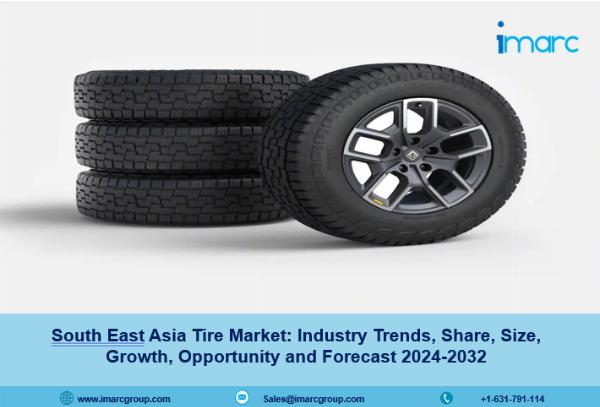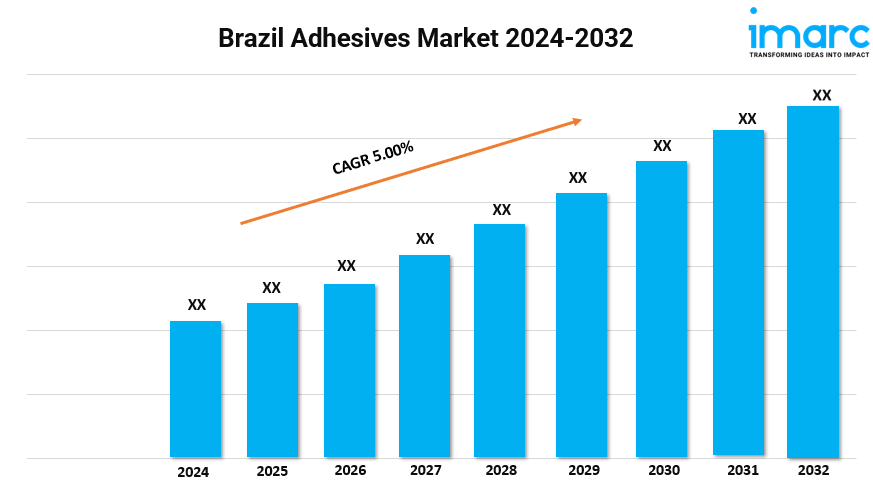
The morning's economic data has hit the tape, with pre-market futures lower despite being lower before the reports came out. The Dow is currently giving back -180 points of its gains made yesterday, while the S&P 500 is down -20 points and the Nasdaq is down -90 points. Bond yields are slightly lower, with the 10-year yield at +4.41%, the 2-year at +3.94%, and the 30-year yield at +4.92%.
Retail Sales for May disappointed, with a headline print of -0.9%, the lowest since January and below the consensus of -0.6%. Auto Parts fell -3.5% for May, followed by -2.7% in Building Materials. However, Sporting Goods grew +1.3% and Furniture +1.2%. Excluding big-ticket auto sales, the number ebbs to -0.3%, still worse than the +0.1% analysts were expecting. The Control number, which is a key inflation metric, was the sole bright spot here, with a +0.4% increase from April's downwardly revised -0.1%.
It's important to note that the retail sector is reflecting the tariff realities in the U.S., with headline month-over-month Retail Sales blossoming up +1.7% in anticipation of complications regarding tariffs President Trump had been promising. This "pull-forward" effect is evident in the May numbers, and over time, we'll be able to see more clearly how retailers are able to successfully price goods.
Imports and Exports also saw a decline last month. Import Prices were unchanged for May at 0.0%, versus expectations of -0.1%, but down from April's unrevised +0.1%. Ex-fuel costs, the number is +0.2%, half what was posted a month ago. Export Prices sank -0.9% last month, the worst print in over two years, with U.S. exports year over year at +1.7%, the lightest read of the year and 80 bps lower than the previous year's figure of +2%.
The May retail sales plunge, a reflection of the tumultuous market and profound economic repercussions for businesses around it.
The sharp drop in retail sales observed during May underscores the significant market turbulence and its devastating economic impact, challenging businesses to adapt their strategies for survival amidst uncertain times.
The sudden plunge in retail sales during May underscores the profound impact of market turbulence on consumer spending habits and economic activity, further exacerbating concerns over a potential slower growth trajectory.
The sudden plunge in retail sales during May underscores the volatile nature of market conditions and their profound economic impact, highlighting an unsettling trend that poses challenges for businesses to adapt swiftly amidst turbulent times.
The precipitous drop in retail sales during May underscores the profound impacts of market turbulence on consumer spending, highlighting both an immediate impact and a much deeper economic crisis brewing.
The sudden retail sales plummet in May underscores the turmoil within markets and adds to mounting economic concerns regarding potential recession impacts.
The reported retail sales plummet in May reveals how the turbulent market has a direct and pronounced economic impact, further exacerbating concerns about consumer spending resilience amidst mounting uncertainties.














